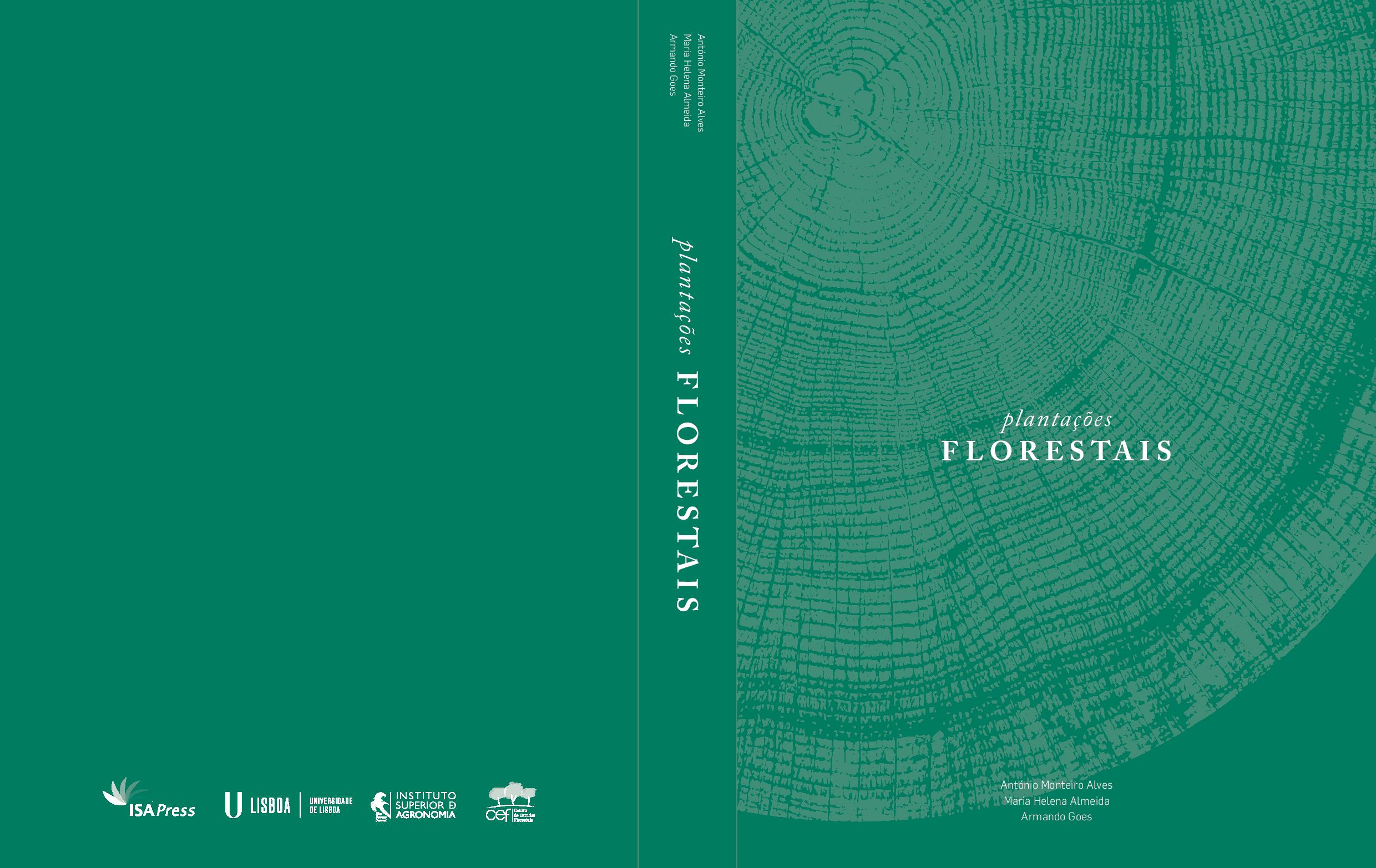Book release: "Plantações Florestais"

Portugal was a pioneer in forestry plantations, the first actions of stabilization of coastal dunes (in the region of Leiria) dating back to the 13th century.
Presently, the abandonment of rural lands, aggravated by the dramatic cycle of the fires, has created the obligation to consider afforestation as the starting point in the management of forest areas, framed in the environmental, economic and social restoration of those areas. Such actions are conditioned by the current scenarios of climate change and need of conservation of natural resources. The models to be used may be questioned, but never the principle of reforestation in the rural area.
This work presents the techniques and practices of silviculture oriented towards the establishment of new forest stands. These are the tools that fit into the highly fragmented Portuguese rural landscape, further conditioned by the fact that more than 95% of its area are privately owned. These constraints have to be reversed through land reparcelling policies capable of promoting the economic, social and environmental viability required by rural development projects.
Technical knowledge not only at the level of forest establishment, but also at that of management and exploitation, has been carried out at slow and intermittent paces. The forest is a long-term cyclical productive area, i.e., between its establishment time and its term it may take decades; this therefore requires a capital-intensive process rather than a labour-intensive one, which should imply greater presence and interest.
The book "Plantações Florestais" is co-authored by António Monteiro Alves (ISA), Maria Helena Almeida (CEF/ISA) and Armando Goes (Navigator Company), three Portuguese experts in the forest area.



